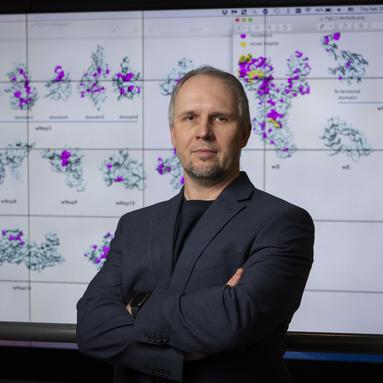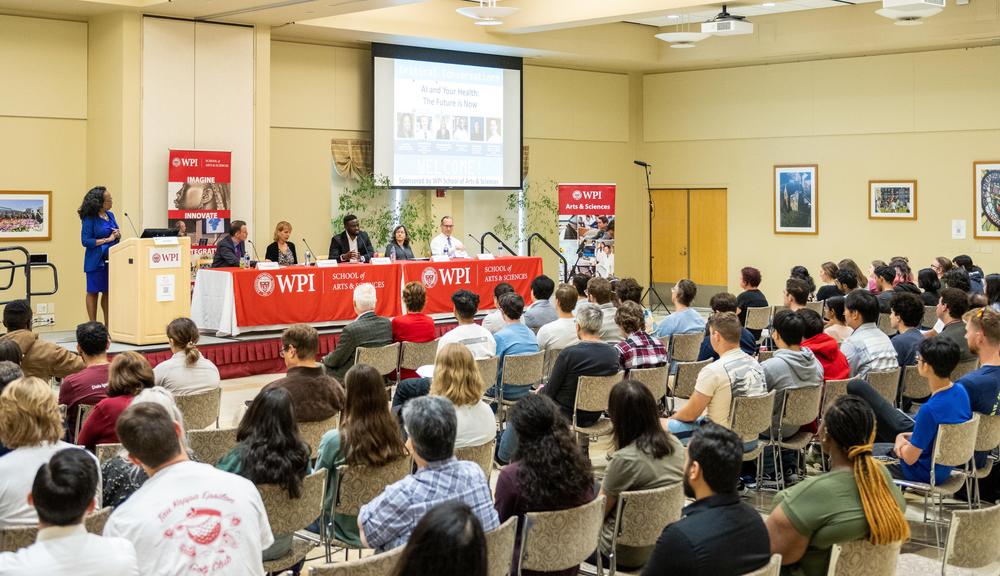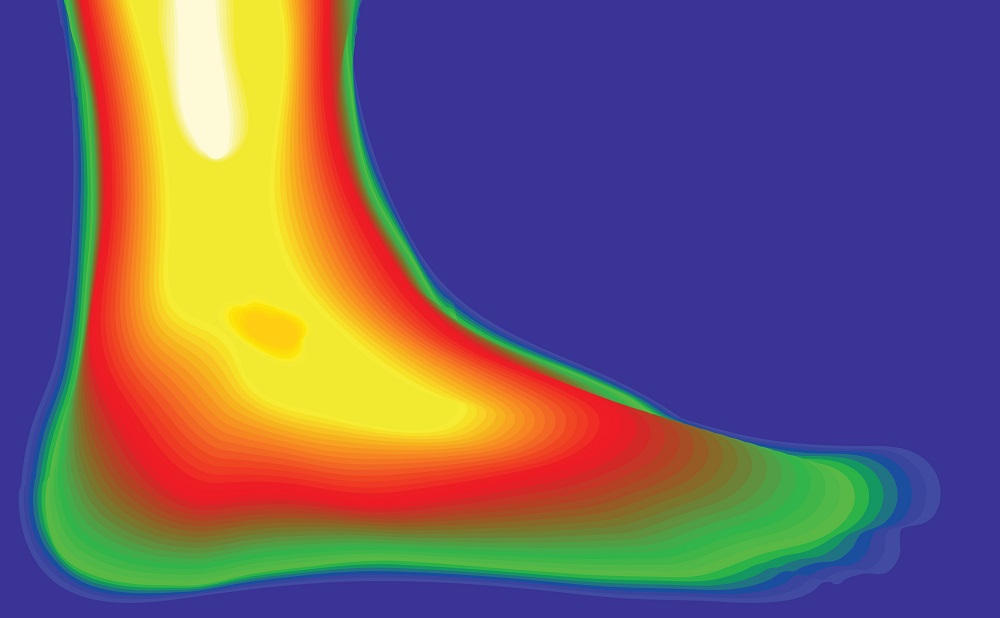A team of researchers and clinicians at Worcester Polytechnic Institute (WPI) and Harvard Medical School-affiliated McLean Hospital in Belmont is using artificial intelligence technology to better predict suicide risk in women who suffer from certain trauma-related disorders.
The findings from their three-year study, published recently in the European Journal of Psychotraumatology, could offer clinicians a new way to quickly screen for warning signs, and represents a breakthrough in using AI to understand suicidal self-injury.
The work involved data collected from 123 women patients at McLean Hospital—93 with histories of childhood abuse, post-traumatic stress disorder (PTSD), and varying levels of dissociation, along with 30 controls.
The assembled team—led by Dmitry Korkin, the Harold L. Jurist ’61 and Heather E. Jurist Dean’s Professor of Computer Science at WPI, Lauren A. M. Lebois, director of McLean Hospital’s Dissociative Disorders and Trauma Research Program, and Suhas Srinivasan, a WPI doctoral student—developed an algorithm that accurately predicted a history of suicide attempts in the patient group and identified subgroups of patients at greatest risk for suicidal thoughts and behaviors.

Professor Dmitry Korkin
The team’s approach was twofold. First, it used novel AI approaches developed by Korkin’s group to cluster the data taken from the cohort to see if patterns emerged. Korkin said the team used that data to reveal distinct patterns in the patient population. Those patterns determined a spectrum of dissociative symptoms—including detachment from one’s sense of self or from the environment, typically in response to trauma—that was correlated with prior suicide attempts.
Second, the team trained an algorithm to separate patients with varying levels of dissociation from the study’s 30 healthy control subjects. The team found success on this front as well: the algorithm zeroed in on specific dissociative symptoms as key indicators, and predicted prior suicide attempts among the study patients with 83% accuracy.
AI and machine learning have previously been used to help predict self-injurious and suicidal behaviors, but Korkin said DID has been understudied and underdiagnosed in general psychiatric practice and had not yet been considered in those models until now. He said the study underscored the urgent need for clinicians to assess for dissociative disorder symptoms to identify high-risk individuals, specifically women, who are statistically more likely than men to attempt suicide.
“We’re trying to say that among these hundreds of symptoms and indicators, our results suggest these two or three symptoms may be helpful to focus in on,” Korkin said.

Professor Benjamin Nephew
Like PTSD, DID encompasses a wide spectrum—people affected may show some, but not all, symptoms, said Benjamin Nephew, a neuroscientist and professor of biology and biotechnology at WPI who served as a project coordinator with the team. In the McLean/WPI study, a handful of those DID symptoms correlated with patients who had a history of suicide attempts. That could allow clinicians to more urgently zero in on those symptoms when assessing a patient’s suicide risk. Eventually, the results of the study could lead to quicker referrals to dissociative disorder specialists and may expand appreciation of using dissociative disorder diagnoses and treatments to inform suicide prevention.
“Interventions help with different things,” Nephew said. “Say, for example, you have depression and insomnia. Not everyone who has depression has insomnia, but if you do have insomnia with depression and you focus on that insomnia, it’s very effective at treating the depression.”
This groundbreaking work was initiated by Harry Kasparian, a 1973 WPI graduate, in memory of his daughter, Julia, who died by suicide at 23 in 2016. The Julia Kasparian Fund for Neuroscience Research supports a collaborative research between faculty and student neuroscientists, clinicians, and computer scientists at WPI and McLean to improve prevention, early diagnosis, and treatment of mental illness, with a focus on DID, depression, and suicidality.










